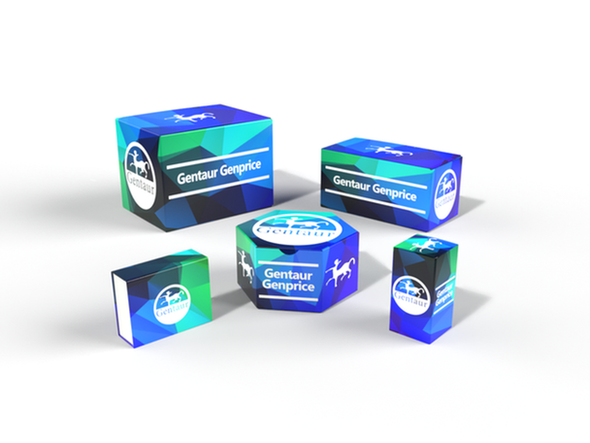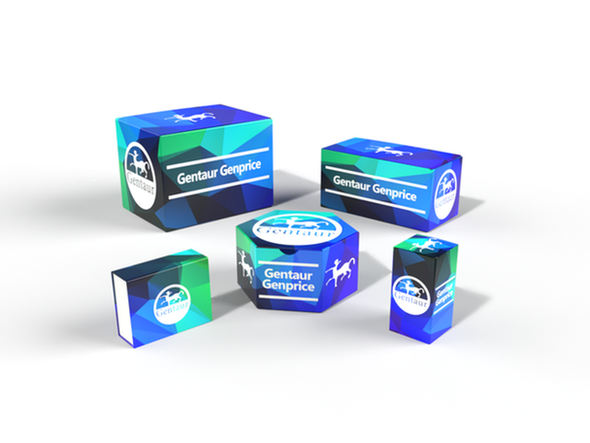Description
BTK Antibody | 3395 | Gentaur UK, US & Europe Distribution
Host: Rabbit
Reactivity: Human, Mouse
Homology: Predicted species reactivity based on immunogen sequence: Chicken: (100%)
Immunogen: BTK antibody was raised against a synthetic peptide corresponding to 16 amino acids near the amino-terminus of human BTK.
The immunogen is located within amino acids 20 - 70 of BTK.
Research Area: Innate Immunity
Tested Application: E, WB, IHC-P, ICC, IF
Application: BTK antibody can be used for the detection of BTK by Western blot at 0.5 to 2 μg/mL. Antibody can also be used for immunocytochemistry starting at 10 μg/mL and immunohistochemistry starting at 5 μg/mL. For immunofluorescence start at 10 μg/mL.
Antibody validated: Western Blot in human samples; Immunohistochemistry in mouse samples; Immunocytochemistry in human samples and Immunofluorescence in human and mouse samples. All other applications and species not yet tested.
Specificiy: Multiple isoforms of BTK are known to exist.
Positive Control 1: Cat. No. 1215 - U937 Cell Lysate
Positive Control 2: Cat. No. 1224 - Daudi Cell Lysate
Positive Control 3: N/A
Positive Control 4: N/A
Positive Control 5: N/A
Positive Control 6: N/A
Molecular Weight: Predicted: 76 kDa
Observed: 79 kDa
Validation: N/A
Isoform: N/A
Purification: BTK Antibody is affinity chromatography purified via peptide column.
Clonality: Polyclonal
Clone: N/A
Isotype: IgG
Conjugate: Unconjugated
Physical State: Liquid
Buffer: BTK Antibody is supplied in PBS containing 0.02% sodium azide.
Concentration: 1 mg/mL
Storage Condition: BTK antibody can be stored at 4˚C for three months and -20˚C, stable for up to one year. As with all antibodies care should be taken to avoid repeated freeze thaw cycles. Antibodies should not be exposed to prolonged high temperatures.
Alternate Name: BTK Antibody: AT, ATK, BPK, XLA, IMD1, AGMX1, PSCTK1, Tyrosine-protein kinase BTK, Agammaglobulinemia tyrosine kinase
User Note: Optimal dilutions for each application to be determined by the researcher.
BACKGROUND: BTK Antibody: Bruton's tyrosine kinase (BTK) was initially identified as a member of the src family for protein-tyrosine kinases that was involved in X-linked agamma-globulinaemia, and has since been shown to involved in a number of signaling pathways in hemapoietic lineage. It has recently been shown to interact with members of the toll-like receptor (TLR) family such as TLR4, 6, 8, and 9. The TLRs are critical molecules in both the innate and adaptive immunity and can recognize diverse microbial pathogens. BTK has also been shown to interact with key proteins involved in TLR4 signal transduction such as MyD88, TIRAP, and IRAK, but not TRAF-6, suggesting that BTK is involved in lipopolysaccharide signal transduction.






